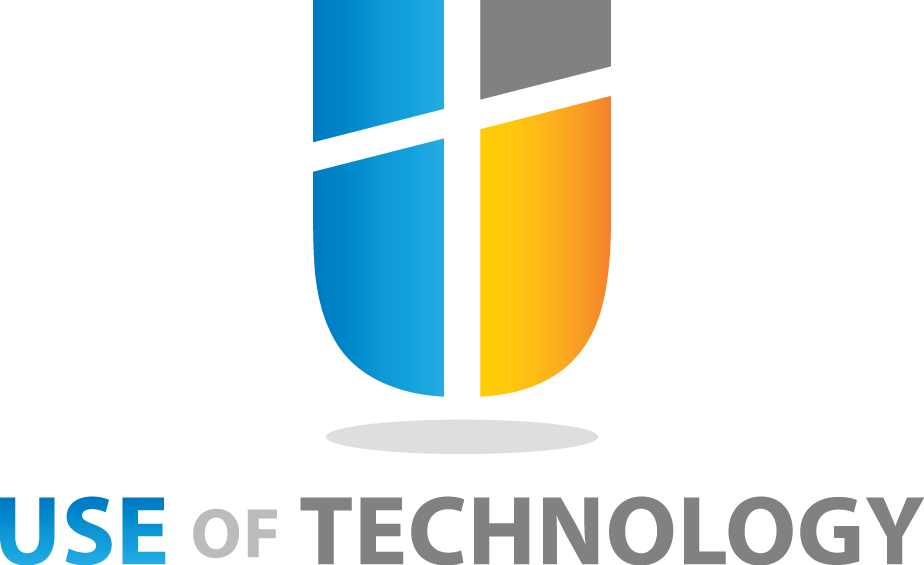The company has recently released new headphones that indicate signs of Dementia and other mental disorders.
BrainWaveBank has recently released out of development-stage a new wireless headphone that has the capability of detecting early indicators of dementia and other brain diseases. The company a Northern Ireland-based startup is proud to announce this new wireless headset that increases the number of tools available for individuals and doctors to have an early diagnose of brain diseases and help in stopping these brain diseases’ advance.
The system consists of a connection by mediums of Bluetooth and captures electroencephalographic brain data in order to record the brain’s electrical activity. The data that has been gathered from the electrical activity is sent to computers and is analyzed, interpreted with state-of-the-art machine learning methods and analytics so that indicators and signs of cognitive decline and patterns that indicate signs of brain diseases, such as Dementia.
The patterns detected by the headset function as a way of detecting the current cognitive health conditions, which in turn allows experts, analysts, and machines to figure out patterns that help detect early signs of cognitive health declines, according to reports from Telegraph. The device developed by BrainwaveBank, although it has been released, it is currently on a test stage, and is being tested on 90 patients who have to wear the headset for a minimum of 15 to 20 minutes per day while playing a set of games developed to test reactions, memory and other neural functions on a smartphone or tablet.
The company expects to release the device to the public in the next 3 years, once the test is completed and the outcomes are completely veridical. The company is also working together with First Derivatives, an also Northern Ireland-based company that focuses on big data, and provides BrainWaveBank with technology for spotting trading patterns.
On September this year, a group of experts had put together their geniuses to develop an artificial intelligence-based system that allowed the analysts to detect Alzheimer’s almost a decade before the symptoms of the disease show up.
The lack of early detection technologies for brain diseases and mental disorders was one of BrainWaveBank drives, as a number of people suffering from mental disorders such as dementia is in the millions across the world. By 2050, the number of folks suffering from terrible deteriorative diseases such as Dementia is expected to increase to a terrifying 130 millions of people.
If the test is completely successful, this wireless headset could offer a reliable, non-clinical, and reliable method to detect premature indicators of the disorder in a matter of 3 years. In addition, the device developed by BrainWaveBank is not the only company to have recently developed a technology to spot early signs of dementia and other brain diseases.

